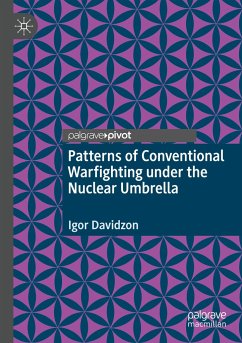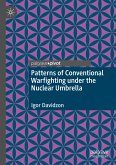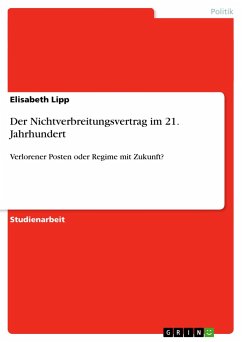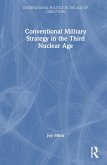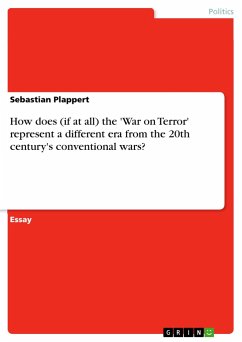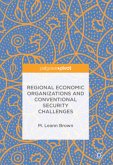This book explores how nuclear weapons influence conventional warfighting, through three case studies of countries not party to the Non-Proliferation Treaty: Pakistan, India, and Israel. The author examines how decision makers choose a preferred pattern of war management, as well as how these choices affect conflicts, suggesting that nuclear weaponization constitutes a clear change in the relative power of countries. This distribution of power within the international system expands or reduces the selection of strategies or war management patterns available to members of the international community. However, historic traumatic events like military defeats, countries' self-images, and images of enemies form the perceptions of decision makers regarding material power and change thereof, suggesting that choices of decision makers are not affected directly by changes in relative power relations, but rather through an intermediate level of strategic culture parameter.
Bitte wählen Sie Ihr Anliegen aus.
Rechnungen
Retourenschein anfordern
Bestellstatus
Storno

